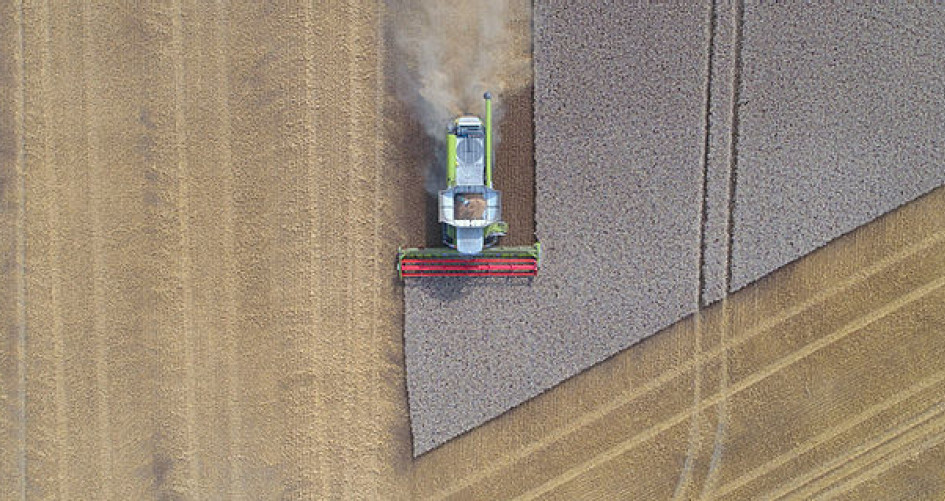LAND USE: PROTECTING WHAT WE HAVE AND RESTORING WHAT WE’VE LOST
It’s 2050 and aerial photos reveal a verdant planet full of healthy forests, thriving wetlands, bountiful grassland biomes and sustainable farmland. This remarkable picture of natural abundance is the direct result of years of conscientious sustainable land management.
One of the first – and most obvious – steps that governments took was to crack down on deforestation and to restore land that had been degraded. By 2030, this twin policy had already seen an impressive 350 million hectares under restorative actions. Emissions from primary forest loss and land degradation fell precipitously as a result, and the land has become more resilient. Local communities and indigenous people’s land rights are recognized and protected.
None of this would have been possible without major changes to our agriculture and food systems. Farmers quickly adopted climate-smart technologies and regenerative agroecological practices because of the long-term productivity, biodiversity and ecosystem services they bring. The world’s growing population has access to nutritious food due to the changes in the food systems. Agricultural emissions have also been consistently coming down thanks to sustainable livestock, and soil health management increasing land’s capacity to sequester carbon.
Facilitating this shift towards Net Zero land use is the ongoing financial support for and investment in nature-based solutions to land protection and restoration. As early as 2030, annual investment had already reached US$100 billion. Market and regulatory incentives spurred shifts towards lower emissions from land-use based industries. Having accurate land-use monitoring tools was key to ensure this investment went towards the most impactful activities. With each passing year, the diverse benefits from regenerative, climate-smart land management manifest more and more.

